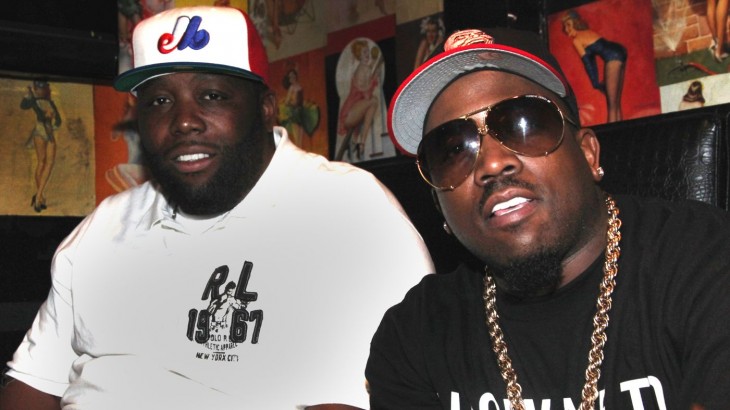In an ongoing battle between free speech and rap music, it has now been revealed that the Supreme Court will not hear Taylor Bell AKA T Bizzle’s case, therefore leaving the 2010 high school suspension in place and causing the line between art and reality to become worryingly crooked. This comes soon after Atlanta greats Killer Mike, Big Boi and T.I. all called for a re-ruling on his early case, providing a 34-page brief on the issue.
The suspension was placed in relation to Bell’s song, which condemned two coaches over allegations of misconduct towards female students; an allegation yet to be refuted. Despite recording the track in a studio outside of school over the 2010 Winter break, they claimed that the vulgar content threatened the coaches and therefore was linked back and deemed unreasonable.
In The New York Times’ original article T Bizzle defended his free speech saying, “These coaches are basically assaulting the children, even if it’s verbally.”
Killer Mike touched on this in his op-ed Free Speech – Unless It’s Rap?, saying, “If your child attended a school where male athletic coaches were accused of sexually harassing female students, would you want school administrators to investigate the allegations or punish the young man who made them public?”
Where is the line between art and reality, free speech and persecution? Using Killer Mike’s example, no one questions songs like Bob Marley’s I Shot The Sheriff, but when the same lyrical content is reflected in hip-hop it is somehow a problem. What gives someone the right to say that an artist can be punished for his or her work? Without this Supreme Court case, we’ve just been left hanging.
We are yet to hear responses from Killer Mike, T.I. and Big Boi, but no doubt they will be disappointed on the verdict.
Image via Rolling Stone

